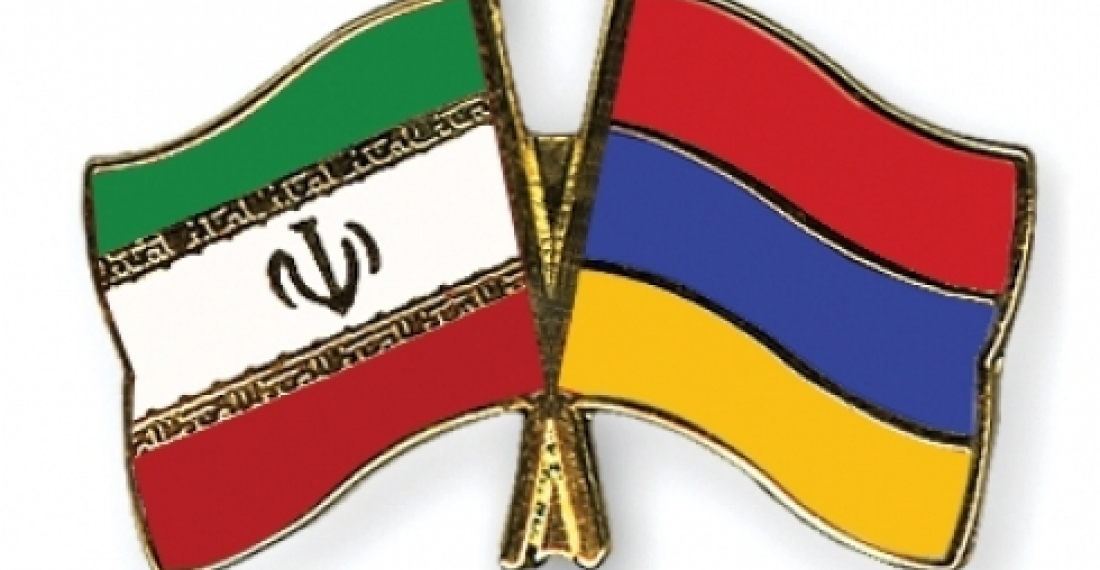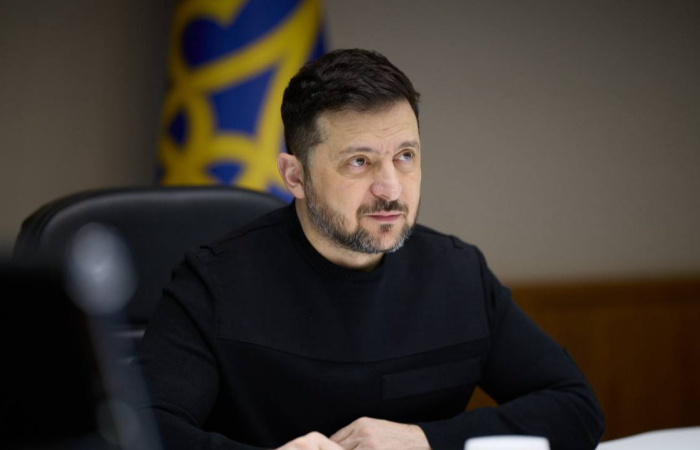A meeting with Armenian Mass Media in Iran was held at the Armenian Embassy in Tehran on April 19 with participation of Ambassador of Armenia to Iran Grigor Arakelyan and New Ambassador of Iran to Armenia Mohammad Reisi, Arax Tehran-based newspaper reports.
Grigor Arakelyan spotlighted the friendly relations of Iran and Armenia and introduced his Iranian counterpart to Armenian Mass Media of Iran.
Ambassador Reisi, in turn, said that he is well familiar with the Armenians since his childhood and appreciates their contribution to Iran. He added that the Armenians are always respected. "The Armenian- Iranian relations have been close and friendly, and the Iran-Armenia relations are the closest ones among the countries in the region also today," the Iranian ambassador said. He said that
the bilateral political and culture relations are at a high level unlike the economic ones and expressed hope for a progress also in the given field with help of the mass media.
For conclusion, the Iranan ambassador answered the questions of journalists and thanked them for attending the meeting.
New Ambassador of Iran to Armenia sure Armenian-Iranian relations the warmest in the region
New Ambassador of Iran to Armenia sure Armenian-Iranian relations the warmest in the region







